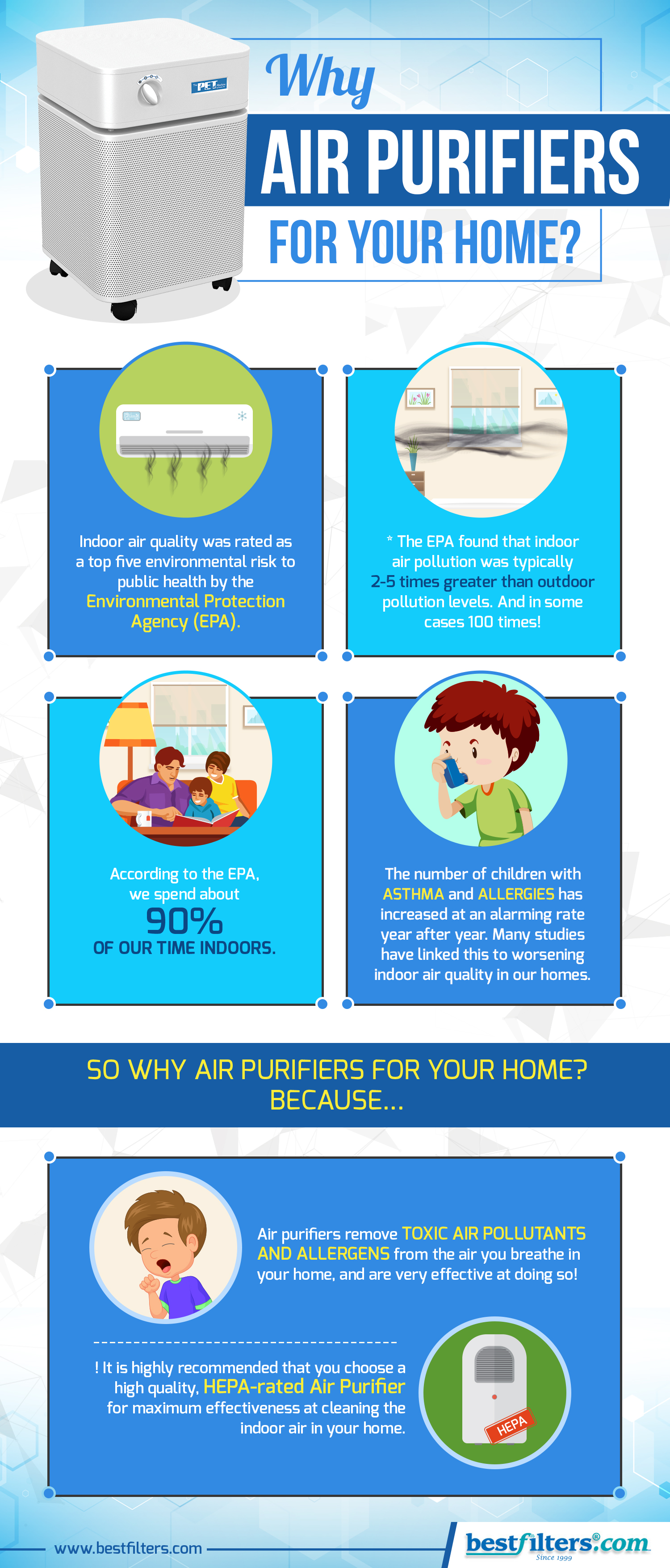Analyzing Weather'S Function In Heatpump Efficiency And Recommendations For Optimization
Analyzing Weather'S Function In Heatpump Efficiency And Recommendations For Optimization
Blog Article
Content Create By-Drejer Sahl
When it comes to your heatpump, climate plays a crucial function in its performance. From freezing temperatures to sweltering heat, each aspect can impact just how efficiently your system operates. But what can you do to combat these weather-related obstacles and ensure your heat pump is operating at its ideal? Remain tuned to discover practical suggestions and approaches to optimize your heat pump's efficiency, regardless of the weather conditions it encounters.
Weather Condition Elements Impacting Heat Pump Performance
Climate factors have a significant influence on the effectiveness of heat pumps. One essential factor is temperature level. Heatpump function by transferring heat from outside to inside during wintertime and the other way around in summertime. As temperature levels decline, it comes to be harder for the heatpump to essence warmth from the outside air, minimizing its effectiveness.
One more key element is humidity. High moisture levels can make it extra difficult for the heat pump to release heat during the cooling process.
Furthermore, wind speed contributes. Solid winds can dissipate the warmth absorbed or released by the heatpump, impacting its general performance.
Tips for Optimizing Heat Pump Efficiency
To improve the effectiveness and long life of your heat pump, applying a couple of key strategies can make a significant difference in its efficiency.
To start with, ensure routine maintenance by cleaning or changing filters every 1-3 months to prevent air movement clogs and make best use of air flow. Furthermore, timetable yearly professional assessments to identify and address any kind of potential issues early.
Optimal thermostat settings also play a crucial duty. Throughout please click the next page , go for a temperature setting that's as reduced as comfy, and during the summer season, established it as high as comfy to decrease the work on your heatpump. Using a programmable thermostat can assist you immediately adjust setups based upon your routine.
Moreover, sealing leaks in ductwork and insulating ducts in unconditioned rooms can stop power loss and boost general system efficiency.
Lastly, consider mounting a clever thermostat that can learn your routines and change setups appropriately, more optimizing your heat pump's performance. By adhering to these tips, you can guarantee your heat pump operates effectively and efficiently throughout the year.
Best Practices for Weatherproofing Your Heatpump
For optimal efficiency and performance of your heatpump, carrying out weatherproofing actions is important. Begin by sealing any spaces or fractures around doors, home windows, and ductwork to prevent warmth loss and maintain a constant indoor temperature level.
simply click the following webpage revealed pipes and air ducts to prevent freezing throughout cold weather and guarantee proper airflow. Think about mounting a safety cover over the outside system to secure it from severe weather condition components like snow, ice, and particles.
Routinely tidy the outdoor unit to eliminate dirt, leaves, and particles that can obstruct airflow and decrease effectiveness. Furthermore, maintain the area around the heat pump free from snow, ice, and plant life to enable proper air flow.
Conclusion
Since you comprehend how weather condition influences your heat pump efficiency, you can take positive actions to optimize its efficiency. By following the suggestions outlined in this write-up, such as routine upkeep, thermostat changes, and weatherproofing actions, you can guarantee that your heat pump runs at its ideal no matter the weather. Remain ahead of the game and keep your home comfortable all the time.
